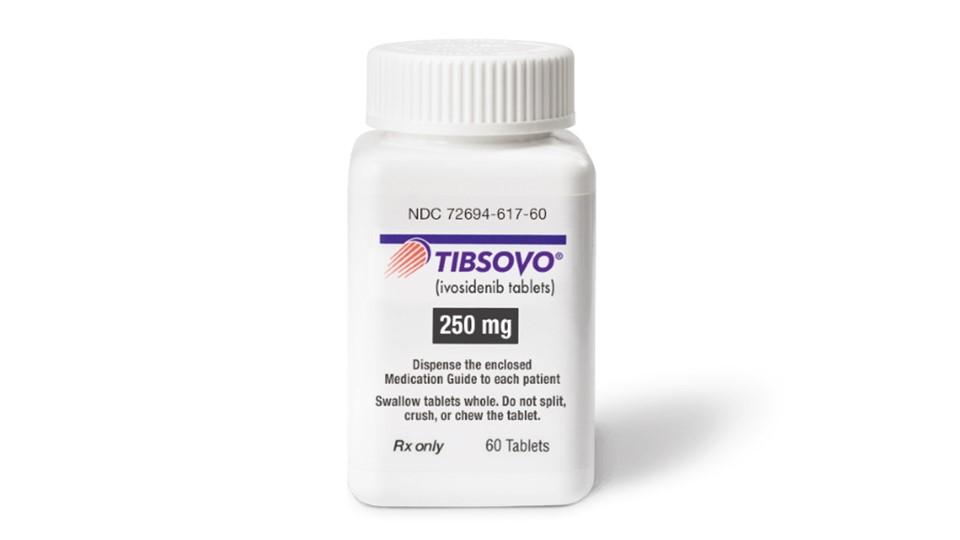FDA clears Servier's Tibsovo as first targeted drug for MDS

Servier has become the first company to get US approval for an IDH inhibitor as a treatment for myelodysplastic syndromes (MDS) after its Tibsovo drug was cleared by the FDA for the blood cancer.
Tibsovo (ivosidenib) can now be used as a treatment for patients with IDH1-mutated relapsed or refractory MDS, adding to the drug’s existing indications in IDH1-mutant acute myeloid leukaemia (AML) and cholangiocarcinoma.
The head of the FDA’s Center for Drug Evaluation and Research, Richard Pazdur, said Tibsovo is the first targeted therapy for this type of cancer and an “important treatment advancement for rare blood cancers.”
The regulator has also approved the use of a companion diagnostic, the Abbott RealTime IDH1 Assay, to identify MDS patients eligible for treatment with Tibsovo. Approximately 60,000 to 170,000 people live with this type of cancer in the US, and around 3.6% of them have an IDH1 mutation.
Servier acquired the IDH1 inhibitor as part of its $1.8 billion takeover of Agios Pharma’s oncology business in 2021 and it has become a key driver of sales growth for the French pharma group, with sales up 180% to €256 million ($280 million) in the 2021/2022 fiscal year results reported in February.
The company has made oncology a key part of its growth strategy, with sales in its last fiscal year rising more than a third to €848 million, accounting for more than 17% of its total revenues. Approval in MDS gives Tibsovo a niche free of competition from other IDH drugs, including Bristol Myers Squibb’s Idhifa (enasidenib) and Rigel’s Rezlidhia (olutasidenib), which are both approved to treat AML.
Arjun Prasad, head of commercial at the company, said the approval “reinforces our commitment to deliver significant advances in areas of high unmet need and bring the right treatment, to the right patient, at the right time.”
MDS is a mixed group of haematopoietic stem cell disorders with a high tendency to transform into AML, with around 16,000 new cases reported each year in the US, according to National Cancer Institute (NCI) estimates. IDH1 mutations make progression to AML more likely.
The approval is based on results from a subset of 18 patients in a pivotal phase 1 trial, reported at the European Hematology Association (EHA) meeting in June, which showed that Tibsovo achieved an overall response rate of 83%, with nearly 40% of them achieving a complete response.
The median time to complete response was 1.87 months, and at that time the median duration of complete response had not been reached with a median overall survival of just under three years.












